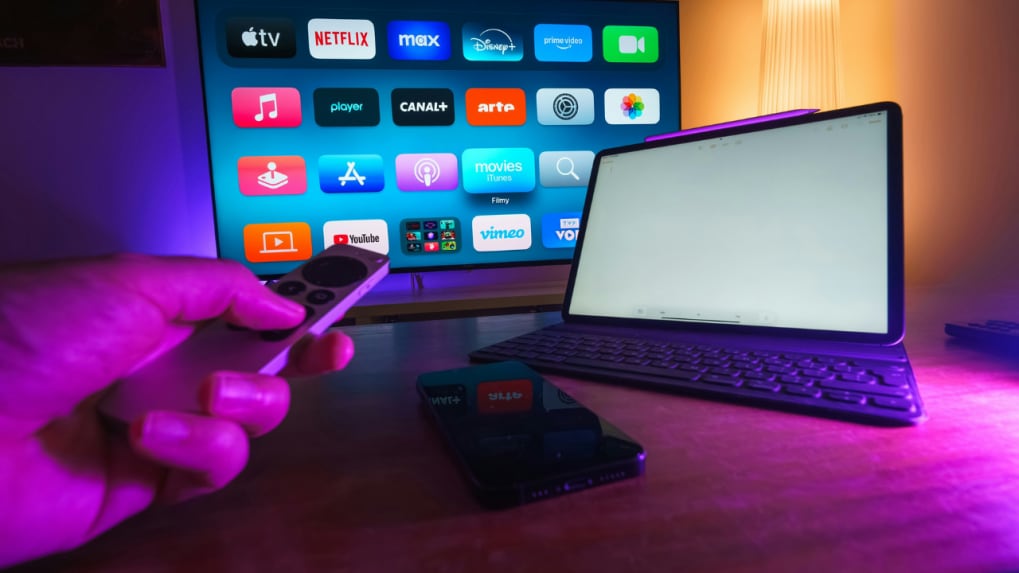OTTs oppose govt’s disability mandate, cite high costs, impact on content diversity
Platforms including Netflix, Amazon Prime Video, Sony LIV, and Zee5 have termed the proposed rules “impractical” and monetarily demanding.
ADVERTISEMENT
India’s leading OTT platforms have voiced strong concerns over the Ministry of Information & Broadcasting’s (MIB) draft accessibility guidelines for streaming content.
According to a report by The Economic Times, platforms including Netflix, Amazon Prime Video, Sony LIV, and Zee5 said they support the government’s objective of improving content access for persons with disabilities. However, they termed the proposed rules “impractical” and monetarily demanding.
In their feedback to the government, the platforms argued that the draft guidelines do not consider how digital content is produced, licensed, or delivered, nor do they account for the operational complexities of large multilingual content libraries that refresh daily.
The MIB draft mandates that all new content on streaming platforms must carry at least one accessibility feature: closed/open captions, audio description (AD), or Indian Sign Language (ISL) in two phases. Platforms contend this will be challenging due to fast turnaround times and their large legacy libraries.
As per the ET report, the platforms highlighted that creating accessibility files is resource-intensive, with AD or captioning costing between Rs 15,000 and Rs 20,000 per episode. They added that AI-based solutions currently lack full accuracy.
They also flagged “aggressive timelines”—six months to make all new content accessible, and 24 months to retrofit entire existing catalogs. OTT players cautioned that such mandates could disproportionately impact smaller and regional platforms, reduce content diversity, and divert investments away from original programming and innovation. Their stance aligns with industry bodies such as the Internet and Mobile Association of India (IAMAI) and the Indian Broadcasting & Digital Foundation (IBDF).

